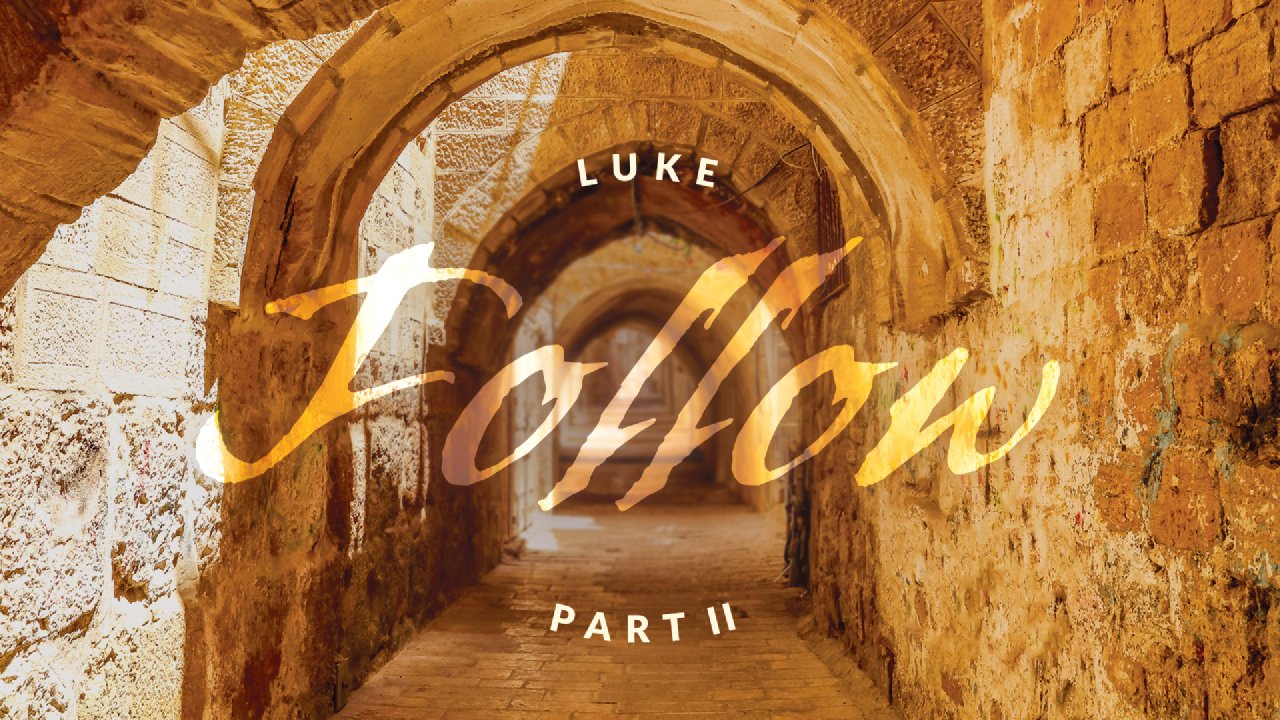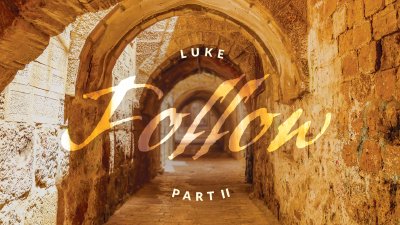Sermon: THE HOST & THE HEN
Sermon Discussion Questions
Take a moment to share about an area of life where you’ve experienced loss or disruption as a result of the COVID-19 pandemic. How are you processing the disruption? Is there a silver lining?
Read Luke 13:22-30. What question precipitated this dialog with Jesus (v23)? Why do you think Jesus chooses a banquet to illustrate salvation?
Which character in the story represents Jesus? What is the character’s role? What is Jesus communicating to us about himself?
Jesus speaks about a ‘narrow door’ in v24. In what way is the door narrow? What is he telling us about the opportunity to enter into salvation?
Read Luke 13:31-35. In the previous passage, Jesus likens himself to the host of a great banquet. What image does he use in this passage to describe himself (v34)? What is the imagery meant to communicate?
We all have ‘mother hens’, or places we run to for security and comfort. What ‘hens’ in our culture have proven to be false securities during the COVID-19 pandemic? What other ‘hens’ keep people from finding refuge in Jesus? What hens are you personally tempted to turn to, rather than turning to Jesus?
Take some time to worship Jesus for who he reveals himself to be in Luke 13. Pray together for one another & for the world around you.
Explore Further
Take some time to review this chart of the meals of Jesus recorded in Luke’s gospel. Some scholars see the meal narratives as the basic narrative framework of the book. What do we learn about Jesus, his mission, and his focus from these meals?
5:27-32 Banquet at Levi’s House
7:36-50 Dinner at Simon’s House
9:10-17 Feeding the 5,000
10:38-42 Hospitality at the home of Mary and Martha
11:37-52 Dinner at a Pharisee’s House
14:1-24 Sabbath Meal at a Pharisee’s House
19:1-10 Hospitality at the home of Zacchaeus
22:14-38 The Last Supper
24:28-32 Breaking Bread at Emmaus
24:36-43 Jesus Eats Meal in Presence of Disciples

The Host & the Hen
March 29, 2020 • Robb Esperat
More from
Luke II: Follow




